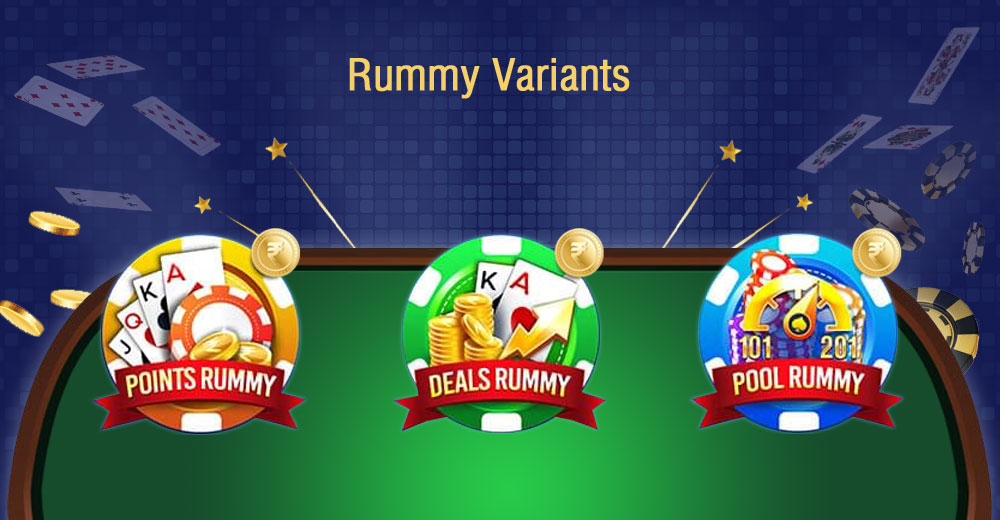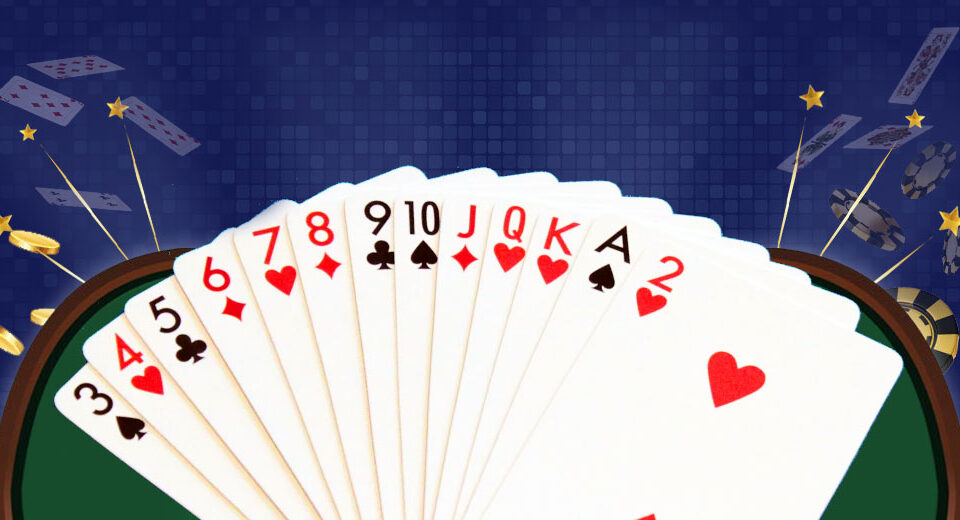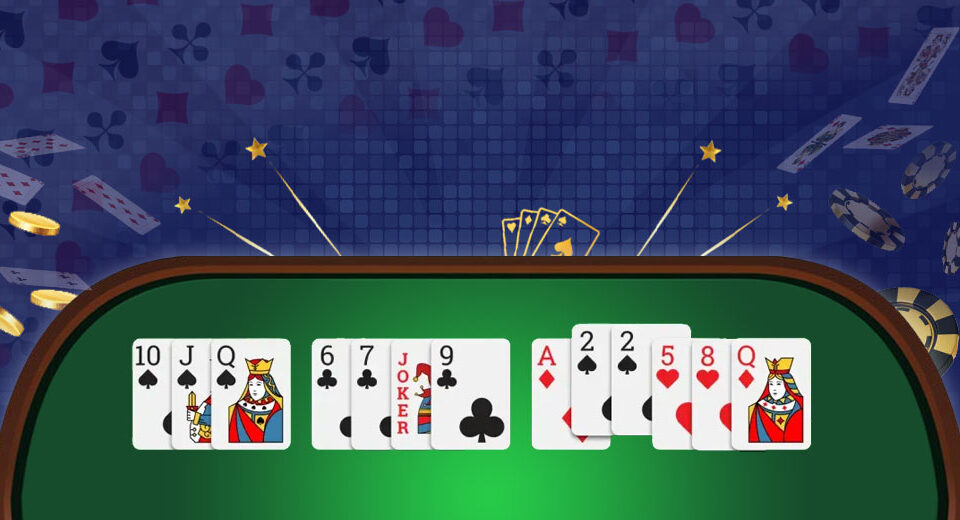Types of Indian Rummy: Points, Pool, and Deals Rummy Explained
The popular card game Indian Rummy calls both strategy and ability from players. Whether you play Indian rummy online or offline, its several varieties can satisfy the tastes of various people. Among the most often used ones are Deals Rummy, Pool Rummy, and Point Rummy. Every form brings fresh combinations of rules, point computation, and gameplay. Therefore, what distinguishes them? Let's investigate here below:
Points Rummy
Especially for enthusiasts of short games, Points Rummy is among the fastest card games available. Each participant plays a round in this format trying to generate legitimate sets and sequences using their cards. Starting with 13 cards, every player must create a minimum of two sequences-one of which must be pure-to expose his/her cards.
The chips have a predefined value at the start of the game. The winner gets zero points; the other players get those points based on how many unmatched cards they possess. Every face card -J, Q, K-as well as every ace = values 10 points. The number cards are worth their numerical value - that is, five points for a 5.
Sequences require jokers even if they don't score anything. You also lose 40 points if you leave the game midway and if you leave early you lose 20 points. Ignoring meld when your opponent has announced could result in a big 80-point penalty.
Pool Rummy
Usually, pool rummy games cover several rounds. Players in this version of the game can keep on scoring points, which prolongs the game and curiously adds the knockout intensity. The admission fees paid by players form the prize pool.
Though each game can include six participants, they still have to place all cards in suitable sets and sequences. Until he or she reaches a pre-defined point count—mostly either 101 or 201—a player keeps playing in Pool Rummy.
The winner of every round earns a zero. Players that fail the qualifying criteria get penalty points based on the worth of their unmelded cards. Elimination starts after a player hits the required point mark.
Deals Rummy
Using chips adds one unique feature to Deals Rummy that increases the fun. Those who have spent some time totally absorbed in rummy find these games to be pretty interesting. Every game begins with every player getting a stack of chips ready for a designated number of scheduled rounds.
Making suitable sets and sequences will enable one to accumulate the most chips and surpass opponents in announcing success. Like in points rummy, a player has to create two sequences to win; at least one has to be a pure sequence. The players mostly want to get chips rather than cards.
Every deal ends with the winner picking all the chips from that round. Under victory conditions, the player with the most chips turns out to be the ultimate champion following all the deals.
Conclusion
Knowing the Indian rummy rules and understanding these three common types - points, pools, and deals - helps you greatly enhance your gaming experience. Every variation presents distinct challenges and approaches aimed to fit various kinds of players. It invites all those who value the thrill of card games and supports a broad spectrum of participants. Get ready with friends or download the rummy app; the fantastic world of Indian Rummy just waits for you!




